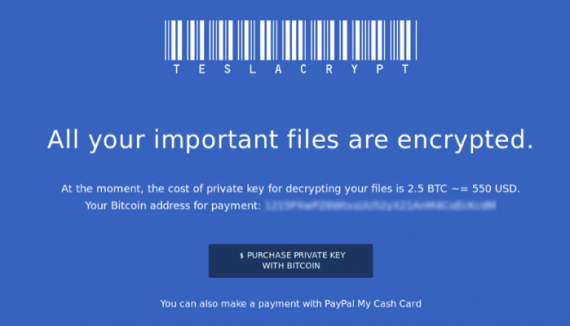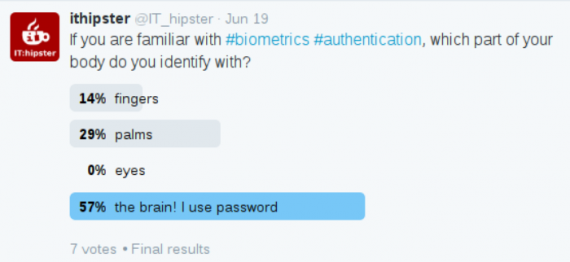One more lesson to repeat from HackingTeam breach
(it is a copy of my old LinkedIn blog post, I saved it here because Linkedin sucks big time as a blog platform)
The full story is here:
pastebin.com/raw/0SNSvyjJ
and it is worth reading for all InfoSec professionals and amateurs: perfect, outstanding example of an «old school» hack described step by step.
Also it provides us a classic example of another issue often overlook, or rather intentionally ignored: starting from certain (rather small) organization size and complexity, a sophisticated attacker WILL compromise your Active Directory. There is no «if» in this sentence: it is inevitable. I've seen many pen tests and many advanced attacks by malicious entities — ALL, I mean it, ALL of them ended like that.
That leads us to obvious, yet controversial conclusion: for certain valuable resources it is better to keep them OFF the domain. This means cutting away the whole branch of an attack graph: no SSO, no access from domain-joined admin workstations, no access recovery via domain-based email, no backups on AD-enabled storage, whatever. Which rises some completely different issues, but that's it.
Can you manage this? Can you live with this?
The full story is here:
pastebin.com/raw/0SNSvyjJ
and it is worth reading for all InfoSec professionals and amateurs: perfect, outstanding example of an «old school» hack described step by step.
Also it provides us a classic example of another issue often overlook, or rather intentionally ignored: starting from certain (rather small) organization size and complexity, a sophisticated attacker WILL compromise your Active Directory. There is no «if» in this sentence: it is inevitable. I've seen many pen tests and many advanced attacks by malicious entities — ALL, I mean it, ALL of them ended like that.
That leads us to obvious, yet controversial conclusion: for certain valuable resources it is better to keep them OFF the domain. This means cutting away the whole branch of an attack graph: no SSO, no access from domain-joined admin workstations, no access recovery via domain-based email, no backups on AD-enabled storage, whatever. Which rises some completely different issues, but that's it.
Can you manage this? Can you live with this?








